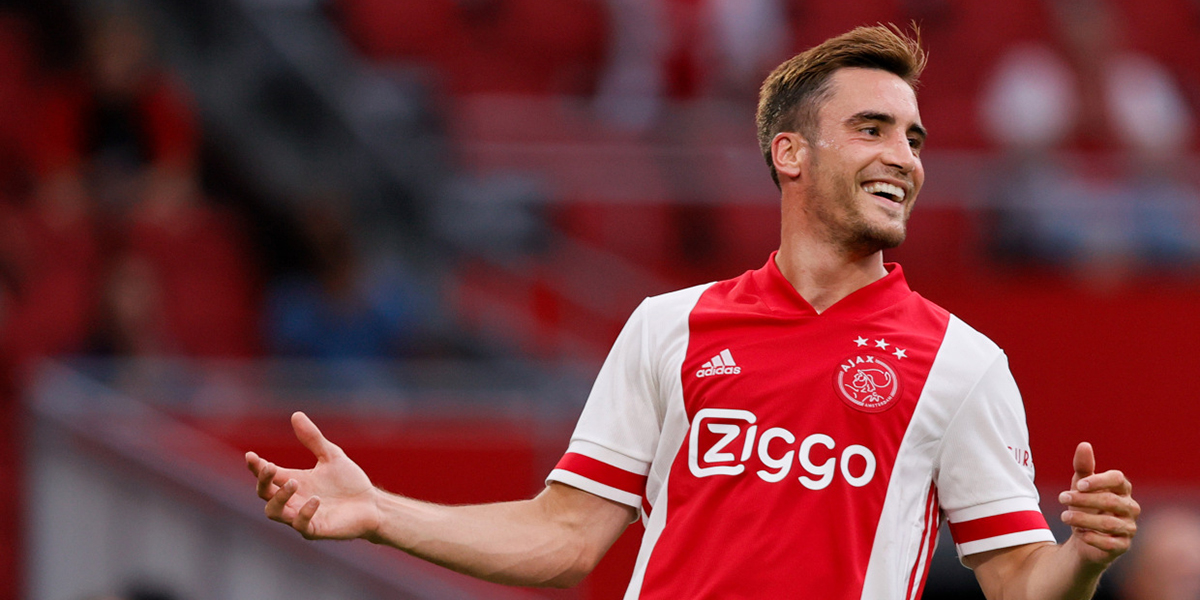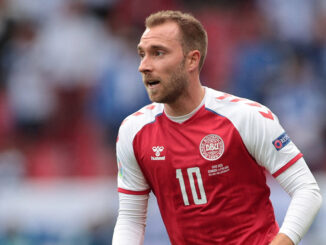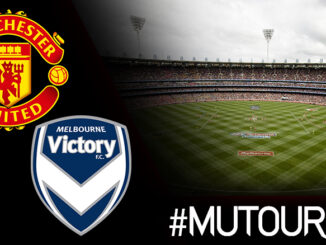After progressing past a potentially tricky third round tie against Wolverhampton Wanderers, a team Manchester United had previously failed to beat since they returned to the Premier League, the Reds now face either Tranmere Rovers or Watford for a place in the fifth round.
With United looking against the odds to turn around a 3-1 deficit to neighbours Manchester City in the Carabao Cup, the FA Cup will have taken much more of a priority for Ole Gunnar Solskjaer. There is of course, the Europa League, a competition United won at the end of the 2015/16 season, but the path to the final seems more difficult this time around with the likes of Inter Milan dropping into the tournament after being eliminated from the Champions League group stage.
The Europa League win in 2017 remains United’s last major honour and the club have not gone four years without a trophy since Sir Alex Ferguson’s first four years in charge. Ferguson’s ability as United manager was under scrutiny from many in early 1990, just as Solskjaer’s is now 30 years later. Mark Robins’ goal against Nottingham Forest supposedly spared the Scot the sack and United went onto win the competition with the trophy being the beginning of a decade of dominance in the 1990s.

Whether Juan Mata’s winner against Wolves will have quite the same impact is very much doubtful. Despite this, going out in an FA Cup home replay for the first time since 1992 could possibly have created a backlash against Solskjaer. If the club could go all the way in this year’s competition, he would have the first trophy on the board and would have more time to build a team for the long haul like Ferguson did.
This current United side could also be compared to the FA Cup winning side of 1996, the season when Ferguson brought through plenty of youngsters and shipped out plenty of older players. Paul Ince, Mark Hughes and Andrei Kanchelskis left the club to be replaced by Nicky Butt, Paul Scholes and David Beckham in the same way that Solskjaer let Alexis Sanchez and Romelu Lukaku go to bring through Mason Greenwood. Ferguson was criticised, most famously by Alan Hansen, although he did win plenty with those kids in the years after and Solskjaer could potentially do similar.
In 2004, United beat Millwall in the FA Cup final at the end of a season where the club finished behind runners-up Chelsea and the invincible Arsenal side. Jose Mourinho’s arrival at Stamford Bridge in the same summer pushed Chelsea even further away from United in the next few seasons. Although, Ferguson used the cup win to give the likes of Cristiano Ronaldo their first taste of silverware, with Wanye Rooney joining the club soon after.

Chelsea’s hold on the title was broken in 2007, with Ronaldo and Rooney at the forefront of Ferguson’s next great team, which may not have evolved without that victory in Cardiff. It’s hard not to compare this time to present day, with Manchester City and particularly unbeaten Liverpool far ahead in the league standings. What’s to say however that lifting the cup in May and giving the likes of Greenwood, Brandon Williams and Daniel James their first trophy, couldn’t be the start of another great side aiming to go and take back the title under Solskjaer.
2016 saw Louis van Gaal lift the cup in his last game in charge at the end of season where he brought through a number of academy products, similar to Solskjaer this season. Jesse Lingard’s stunning winner against Crystal Palace earned him his first major trophy, as it did for Anthony Martial and Marcus Rashford in their debut season in the team. Solskjaer will hope that day is still in the minds of these players and they are hungry for a repeat in 2020.
That latest triumph was the club’s first FA Cup in 12 years, far too long for a club the size of Manchester United’s standards. For Solskjaer’s sake, he will hope the wait isn’t too long this time around.
Written by Alex Metcalfe




